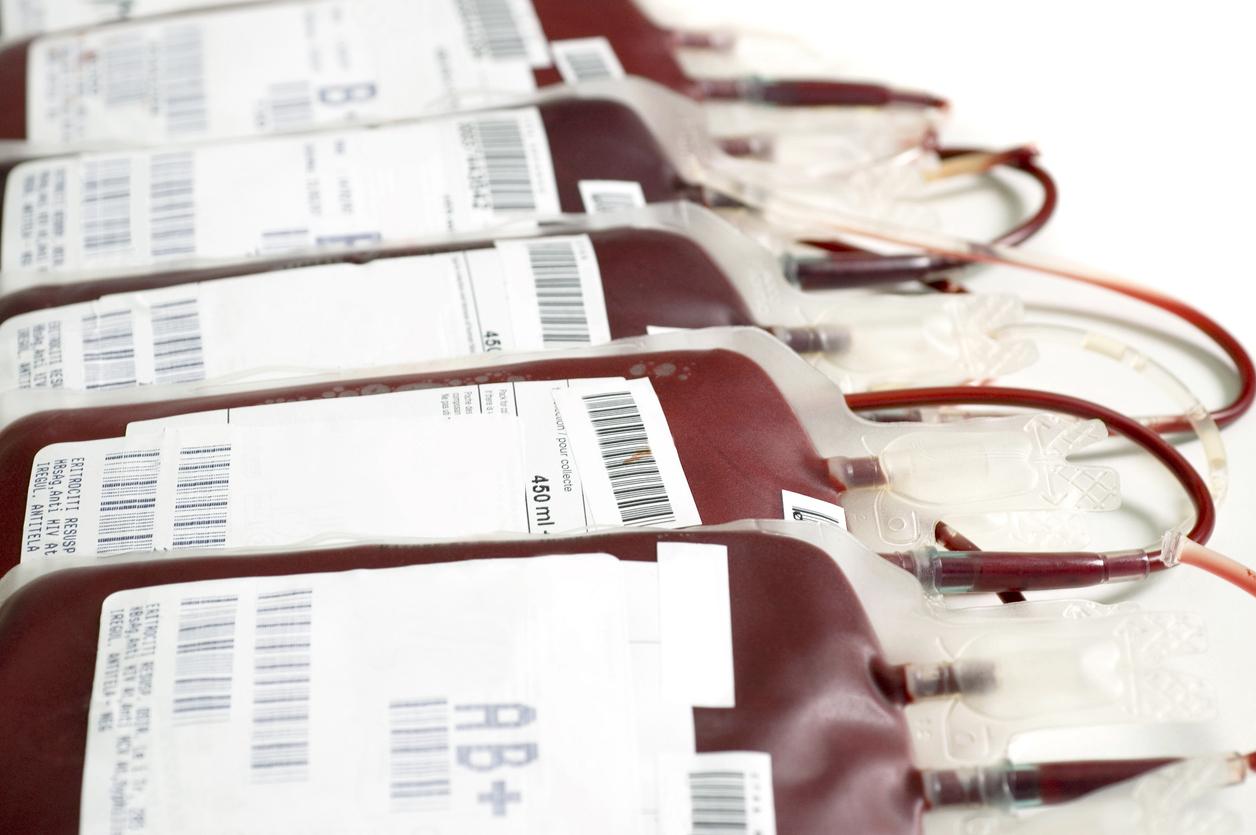Prevention is better than cure.
We can do a lot ourselves to prevent cardiovascular disease. Healthy food, lots of exercise, no stress, no smoking, not too much alcohol and enough challenge and fun to charge the battery. But because we don’t have everything under control, it is also wise to check your blood regularly.
Blood pressure
What? A good upper pressure is a maximum of 140. The lower pressure should be about 90, but that is not so important. With an upper pressure higher than 140, a ‘risk profile’ for cardiovascular disease must be drawn up.
Why? High blood pressure almost never causes complaints, but it is a risk factor for cardiovascular disease. If you have other risk factors such as obesity, smoking, too little exercise, diabetes or high cholesterol, then the blood pressure should be lowered. Blood pressure above 180 should always be lowered.
How? Because blood pressure generally increases with age, it is advisable for people over sixty to have it measured by a doctor every five years. More frequent measurements are only necessary if there are also other risk factors for cardiovascular disease or if there is a family history of cardiovascular disease before the age of sixty.Blood sugar level
What? The normal blood sugar level is between 4 and 8 mmol/l. In diabetes, a metabolic disease, the body cannot process sugars, or glucose, from food independently. This is because too little or no insulin is produced. Insulin is needed to take glucose from the blood into the cells of the body. In diabetes, too much glucose remains in the blood. Blood sugar levels that are too high are eventually harmful to blood vessels, nerves, eyes and kidneys.
Why? Adult-onset diabetes or type 2 diabetes is a disease that develops gradually. As a result, many people don’t know they have it. Meanwhile, the disease can wreak havoc on blood vessels that can lead to heart attacks, strokes, and shop windows. Measuring blood sugar levels is important to detect developing diabetes and start treatment as soon as possible. Because diabetes affects many organs over time, it can cause a lot of different complaints, including fatigue, eye problems, pain and tingling in feet or pain in the legs when walking. Often, however, there are no complaints or you do not think of diabetes when you think of the complaints.
How? With a simple test with a drop of blood, the doctor can determine the blood sugar level and see whether the complaints are caused by diabetes.
Information: www.diabetesfonds.nl and www.diabetesvereniging.nl, tel. 033-463 05 66.cholesterol
What? A cholesterol level means an extra risk of getting cardiovascular disease.
Why? Elevated cholesterol does not cause any symptoms. Measuring cholesterol levels is necessary if there are also other risk factors for cardiovascular disease, such as high blood pressure, diabetes, obesity, smoking, unhealthy diet or too little exercise. High cholesterol can also be hereditary. The chance of this is high if there is a family history of cardiovascular disease before the age of sixty. If so, discuss it with your doctor.
How? By blood test.
Sources):
- Plus Magazine














